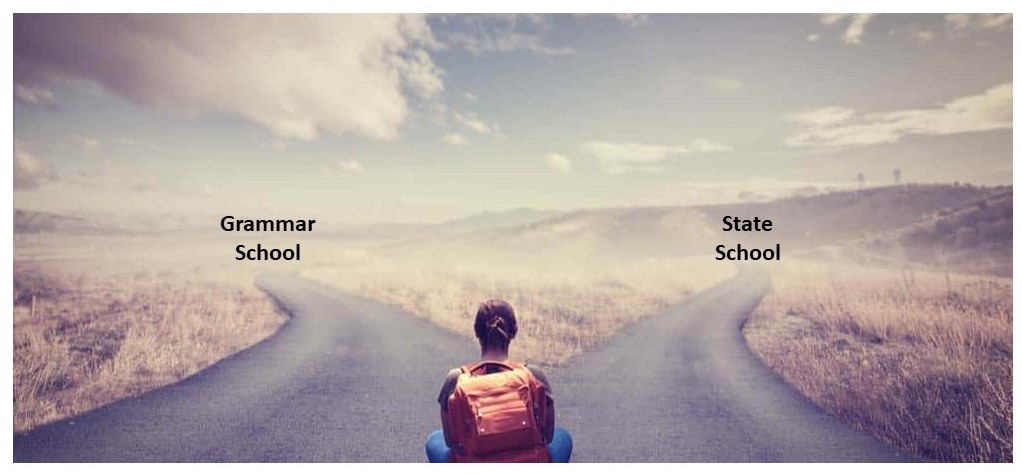

We learn to appreciate the value of an enhanced vocabulary when we are enthralled by a great story that we are reading or listening to important orators who will fascinate us with their words making the most awkward arguments seem interesting. This is also an indispensable tool when writing for any reason. We all should know, not to repeat the same words in short distances from one another, but do we have synonyms to replace them?
Children learn words when they are babies by repeating them, but more efficiently by kinaesthetic learning; which means Tactile learning. So, they touch everything and learn that what they are holding on to is a chair or mummy's leg. If they want water, the parent holds on to the cup and makes them repeat water and thank you etc.
Foreigners find putting post-its around the house with the names of the old things you have to know the new words for. : wardrobe, trousers, saucepan, cooker etc. By the time they have fallen off they have learnt the words.
We must remember this because this is what you should do when you find a new word - put it into context - try to use it where and when it fits. If not make up sentences using the new word and write them down. The new word like the cup will be used and memorised if you need it again.
Can you fit it into a story or a letter/email? Better still, if you put it into a conversation.
READ READ READ I can't say enough. It is important to vary your reading though, not just stories, but newpapers, history books, biographies etc. the wider the range of your reading the wider your vocabulary will be. So, try to read something every day and make a note of new words and try using them as aforementioned.
This is easier if you have a hobby and you can read more about it and learn the specific terms for that sector. Then slowly progress to other areas and learn those terms.
Keep a thesaurus handy as sometimes the general use of the language has been given an improper use. For example: "How are you?" - "good" Good is not the correct way to answer as it is an adjective and therefore requires a noun. You need the adverb "Well" A thesaurus helps if you are stuck and don't know what to use to replace a word you have used too much already. It clarifies exactly what the word means as in English there are sometimes very subtle differences that can change the meaning of your sentence.
When you hear a word, you don't know, look it up. Add it to your list and try to use it.
Play word games crosswords, scrabble or the alphabet game choosing any subject: animals, countries, food etc.
Word trees are great for expanding vocabulary: choose a word:
SEA - water - ocean - Pacific/Atlantic - fish - whales - dolphins - seals - etc. etc.
So that when you write a story you don't just write "he felt cold" but add all of the alternatives you came up with e.g. Cold - shiver - tremble - teeth chatter - red nose - see your breath.
Will you try to "use", "obtain", "acquire", "learn" new words to be able to "execute", "perform" richer more enhanced writing skills?

